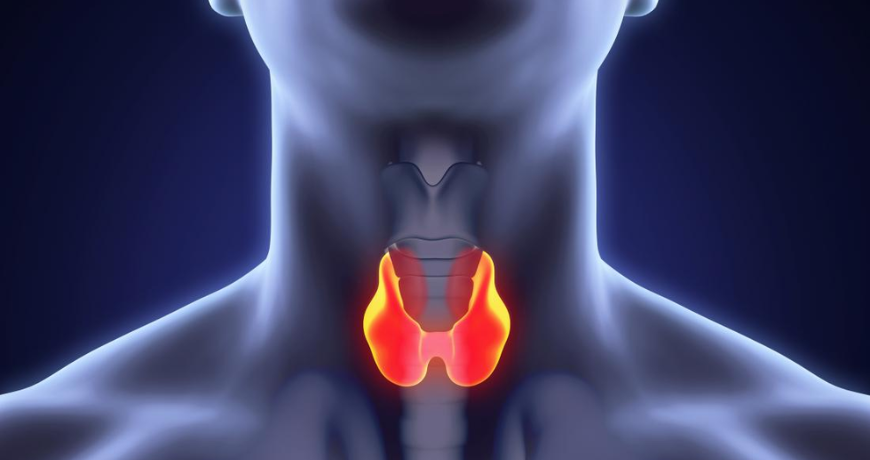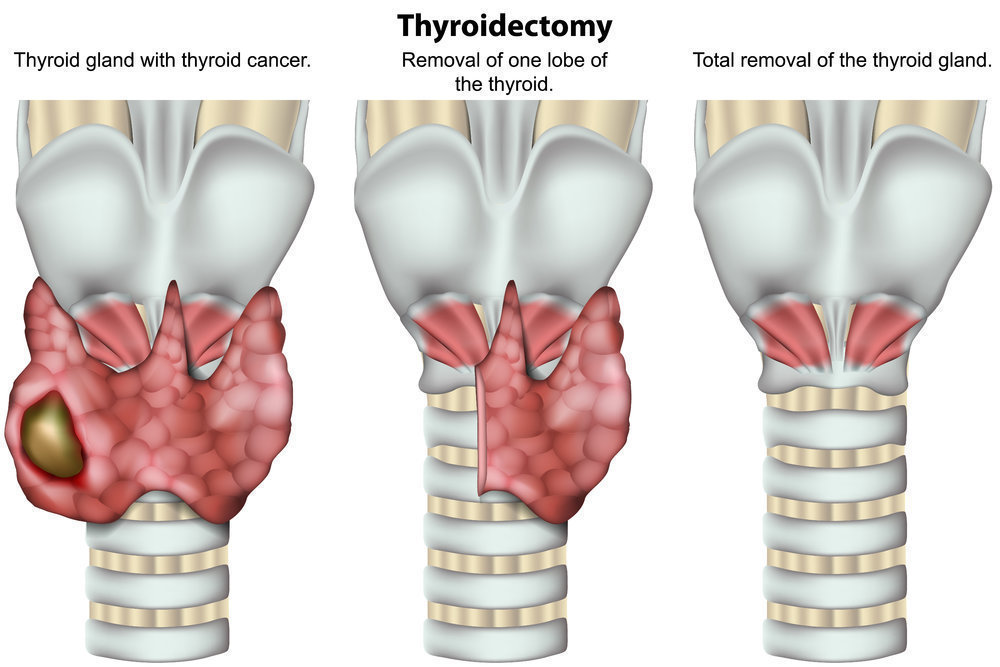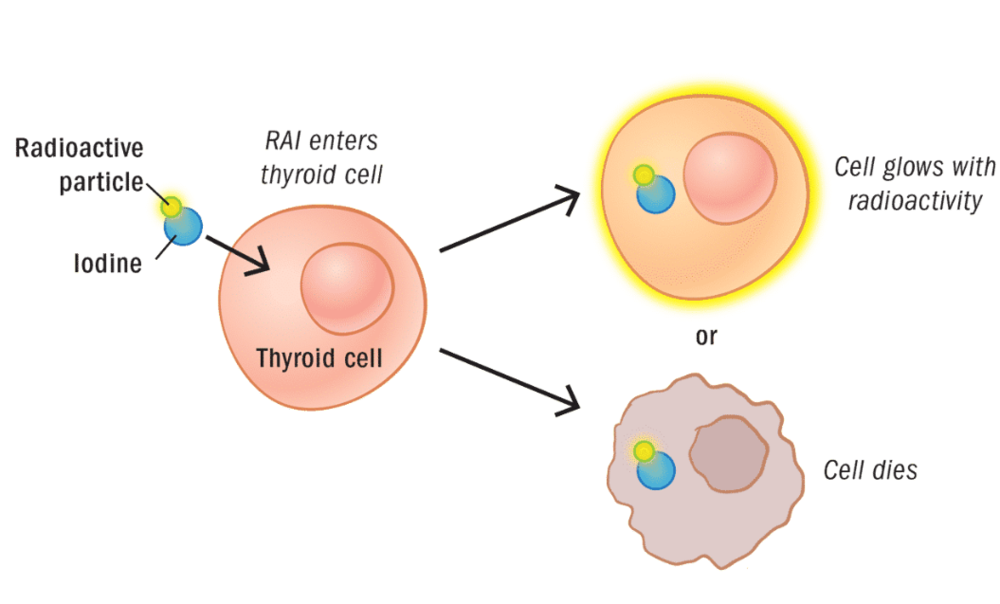Treatment Options for Papillary Thyroid Carcinoma
Treatment Options for Papillary Thyroid Carcinoma

Papillary thyroid carcinoma (PTC) is the most common type of thyroid cancer and, fortunately, it typically has a very good prognosis, especially when detected early. If you’ve been diagnosed with PTC, it’s important to understand the various treatment options available. The approach to treatment depends on the size and spread of the tumor, your overall health, and other individual factors. Here are the main treatment options:
Treatment Option #1: Surgery
The primary treatment for papillary thyroid carcinoma is surgery. Most patients will undergo a thyroidectomy, which is the removal of part or all of the thyroid gland. There are two common types of thyroid surgery:
- Thyroid lobectomy: Removal of one side (lobe) of the thyroid. This may be an option if the cancer is small and confined to one lobe.
- Total thyroidectomy: Removal of the entire thyroid. This is often recommended for larger tumors, cancer in both lobes, or cancer that has spread beyond the thyroid.

Removing involved lymph nodes is paramount. This is sometimes referred to as a “lymphadenectomy” or “neck dissection.” The choice of surgery will depend on the specifics of your diagnosis, and your surgeon will discuss the best option for you.
Treatment Option #2: Radioactive Iodine (RAI) Therapy
After surgery, radioactive iodine therapy (RAI) may be recommended, particularly if there’s a risk that some cancer cells may remain. This treatment helps destroy any leftover thyroid tissue or cancer cells that may not have been removed during surgery. RAI therapy is usually given in the form of a pill or liquid and is highly effective, as thyroid cells absorb iodine.

Treatment Option #3: Thyroid Hormone Therapy
After surgery, many patients will need to take thyroid hormone replacement therapy for the rest of their lives. This helps replace the hormone normally produced by the thyroid, maintaining normal metabolic function. In some cases, thyroid hormone therapy can also help suppress the growth of any remaining cancer cells
Treatment Option #4: External Radiation Therapy
While not as common, external radiation therapy may be used in rare cases if the cancer is larger, aggressive, or has spread to nearby tissues. This involves using high-energy X-rays to target and kill cancer cells. It's more commonly used if there are signs the cancer has returned after initial treatment.
Treatment Option #5: Chemotherapy
Chemotherapy is rarely used for papillary thyroid carcinoma, as it is generally not very effective for this type of cancer. However, in some very advanced or aggressive cases where the cancer has spread significantly, chemotherapy may be considered.
Treatment Option #6: Follow-up Care and Monitoring
Even after treatment, regular follow-up appointments are important to monitor for any recurrence of cancer. Your doctor will likely recommend blood tests (including thyroglobulin levels) and neck ultrasounds to track your progress and detect any signs of cancer returning.
Conclusion
The prognosis for papillary thyroid carcinoma is generally very good, especially when treated early. Surgery is the cornerstone of treatment, often followed by radioactive iodine therapy and thyroid hormone replacement. Regular monitoring ensures that any potential recurrence is caught early, leading to the best outcomes.
If you’ve been diagnosed with papillary thyroid carcinoma, it's important to have a detailed discussion with your surgeon to understand your treatment plan and the steps involved. With the right care, the majority of patients go on to lead normal, healthy lives.
Additional Resources
- Become our patient by filling out the form at this link.
- Learn more about The Clayman Thyroid Center here.
- Learn more about our sister surgeons at the Scarless Thyroid Surgery Center, Norman Parathyroid Center, and Carling Adrenal Center
- Learn more about the Hospital for Endocrine Surgery.